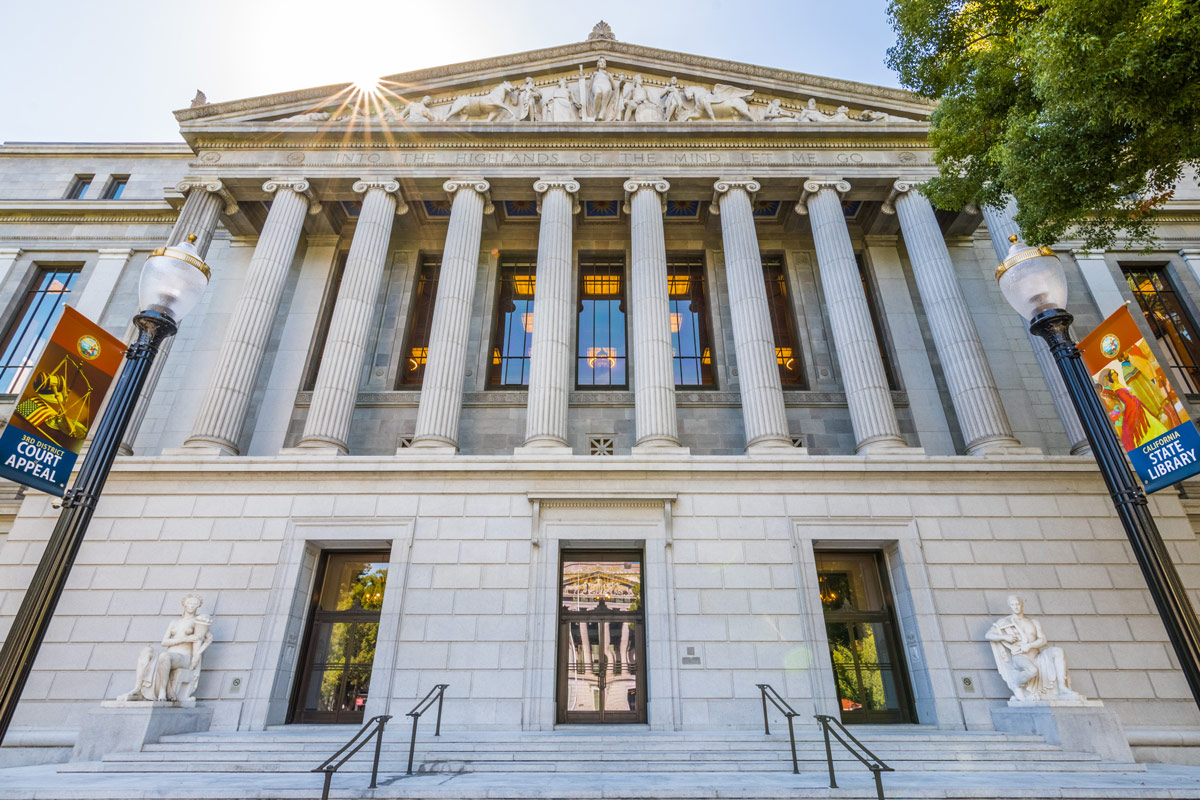Supersedeas Bonds (Also Called Appeal Bonds)

What are supersedeas bonds?
If you’ve had a judgment entered against you in a civil matter, your next step is likely to take your case to the Appellate Court. An appeal bond—known officially as a supersedeas bond—allows you to delay paying a judgment entered in a lower court while your appeal is pending.
After a court ruling or verdict, the losing party is entitled to appeal. The appeal process, however, takes time—sometimes many years. During that time, a supersedeas bond suspends the appellant’s obligation to pay a judgment.
The bond takes the place of collateral, protecting the winning party’s rights by ensuring payment. The appellant does not have to pay the judgment until the appellate court rules against them and upholds the judgment. The appellee does not have to go through the process of securing liens against the appellant’s property to protect their judgment.
Get Your Supersedeas Bond:
Quick Takeaways
- In general, a party appealing a money judgment in civil court must obtain a supersedeas (appeal) bond.
- A supersedeas bond suspends the obligation to pay an underlying judgment while an appeal is pending.
- A supersedeas bond guarantees that the underlying judgment will be paid if the appellant loses their appeal.
Who needs a supersedeas bond?
In many jurisdictions, the law requires a person appealing a civil judgment (the “appellant”) to put up a surety bond equal to or exceeding the judgment before filing their appeal. In places where an appeal bond is not required by law, most courts nevertheless require it before proceeding.
An appeal can take many years, during which a party might hide or divest themselves of assets (legitimately or to avoid paying the judgment) or declare bankruptcy. A supersedeas bond guarantees that funds will be available to pay the judgment if an appellant loses their appeal.
A supersedeas bond also indicates to the court and the other party that an appellant is filing their appeal in good faith rather than merely to stall or avoid paying a judgment.
How do supersedeas bonds work?
A supersedeas bond is often not issued for the exact amount of the lower court’s judgment. It may be significantly larger if intended to cover interest or other costs that may arise on appeal. In some jurisdictions, however, a separate costs bond is required to guarantee payment of the costs of the appeal if awarded to the appellee.
An appellant who registers a supersedeas bond with the court can proceed with their appeal without paying the underlying judgment. If they lose their appeal, they must pay the underlying judgment and any costs directed by the court.
If they are unable or unwilling to pay the entirety of the judgment, the appellee can file a claim with the surety company for the unpaid balance. The surety company will pay the judgment and recover its payment (plus interest and costs) from the bonded principal (the person obtaining the bond).
Like most bonds, the premium for a supersedeas bond is a percentage of the total bond amount. The exact percentage will depend on the principal’s creditworthiness. A person who is a lower financial risk will likely be offered a lower percentage rate.
Unlike many other types of bonds, however, most surety companies require that the principal put up collateral in the total amount of a supersedeas bond before issuance. This is often full-cash collateral but can also consist of real or personal property, depending on the situation. The premium is paid yearly until the appeal is resolved and is non-refundable.
Some states have statutory requirements for appeal bond amounts. California, for example, requires the posting of a supersedeas bond for 150% of the judgment amount. Generally, an appeal bond must be for at least the amount of the underlying judgment. It must also be issued by a bonding company licensed and authorized in the jurisdiction and meet the mandates of the court requiring the bond.

How to Get a Supersedeas Bond in Your State
We can help you find the right court or probate bond for your situation, including supersedeas bonds for appellate matters. ZipBonds offers the fastest and most secure option for bonding. Our all-digital platform is intuitive and straightforward. Apply online or call us at 888.435.4191 to speak with an agent directly.
About ZipBonds.com
Founders Ryan Swalve and Zach Mefferd formed the vision for ZipBonds.com when they realized how overly complicated it was to help clients place surety. The frustration of being unable to incorporate the technology they’d used in other insurance-focused projects left them thinking “there has to be a better way.”
Fast forward a couple of years, and that better way is the impetus of everything we do at ZipBonds. We constantly look for innovative ways to improve the bonding process for our clients and agents. Our team comprises individuals who understand all angles of surety – for companies, agencies, and individuals. Incorporating everyone’s point of view to improve the process while simultaneously integrating cutting-edge technology is what sets our business apart.

